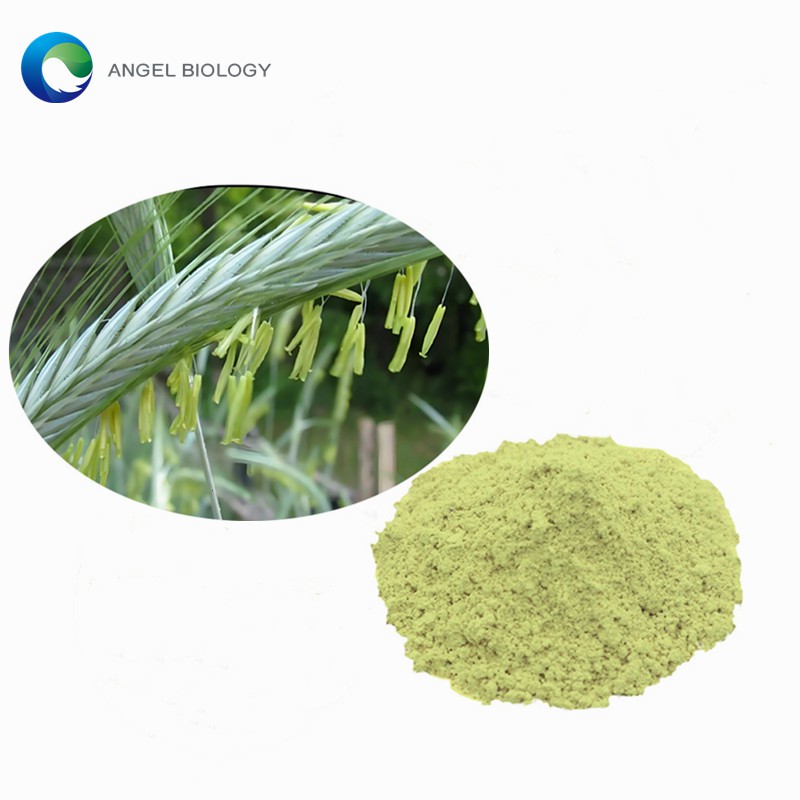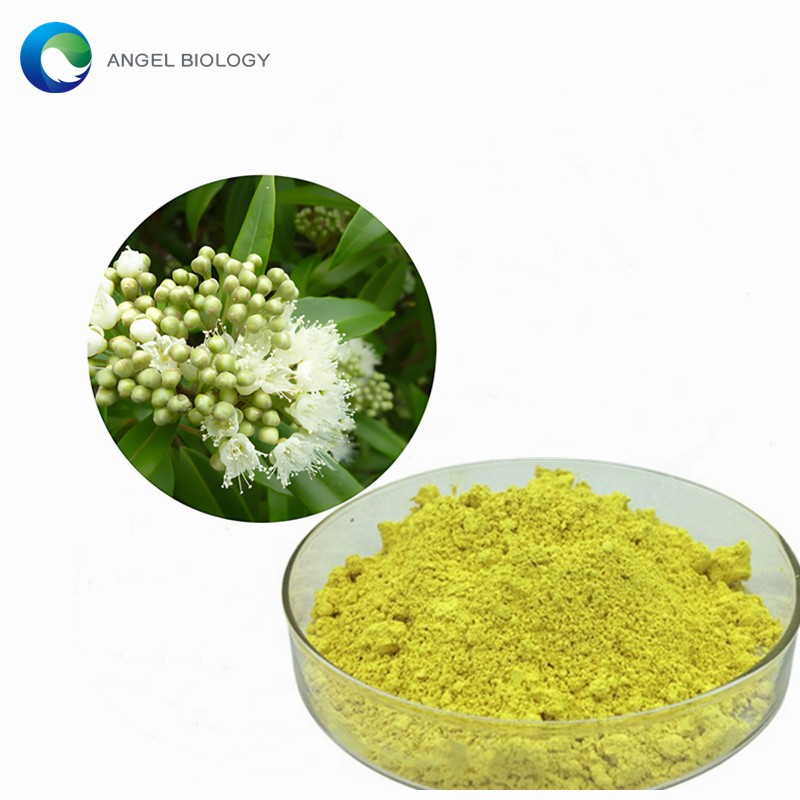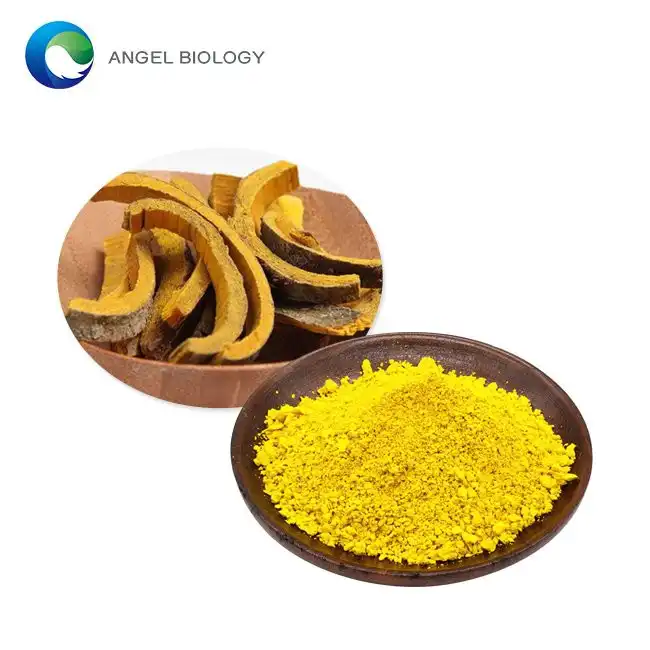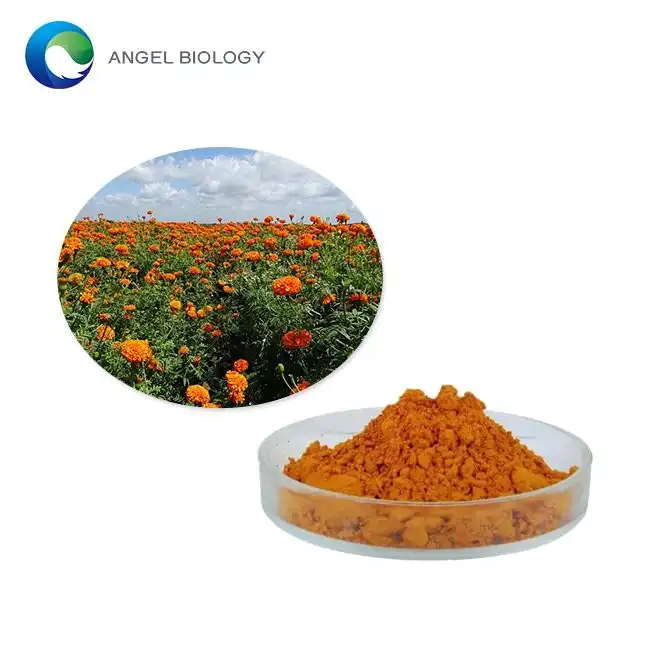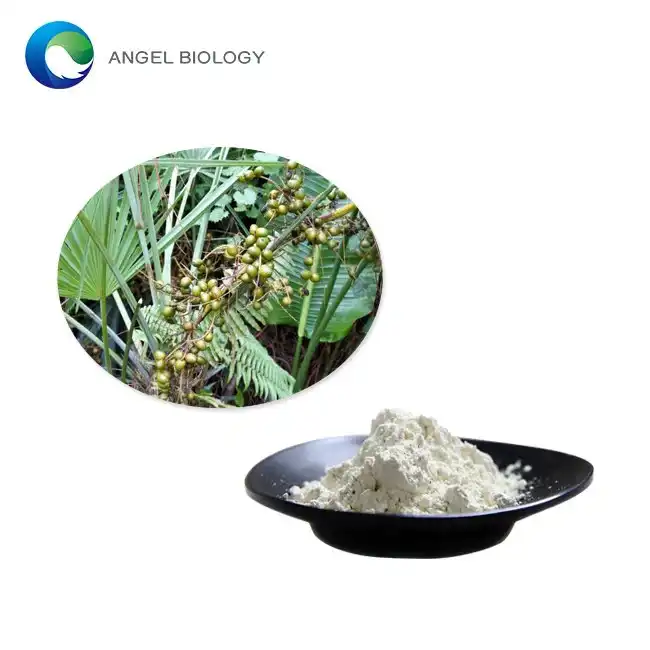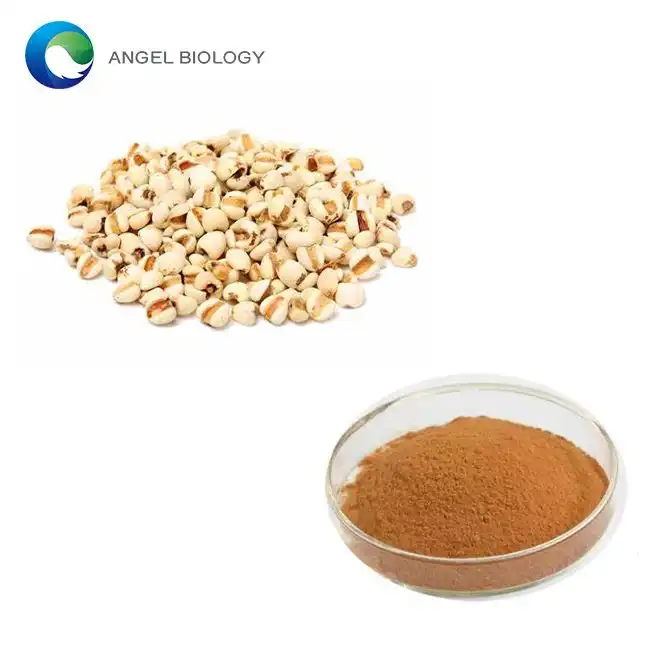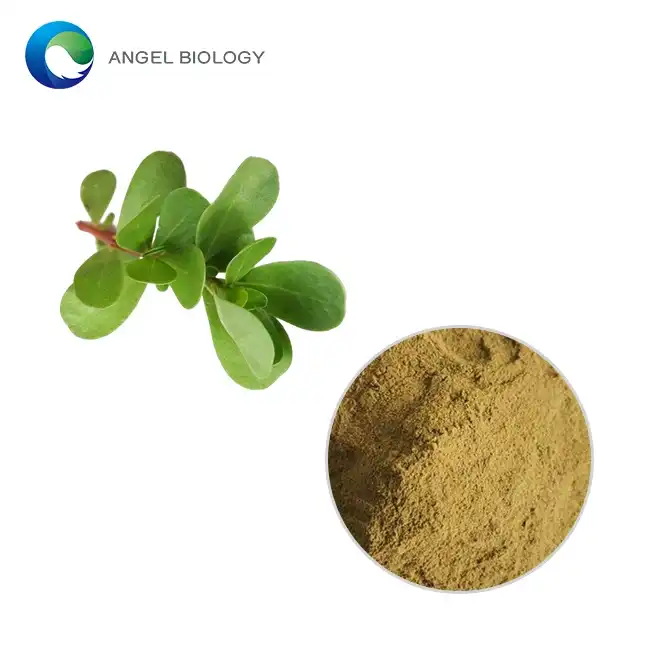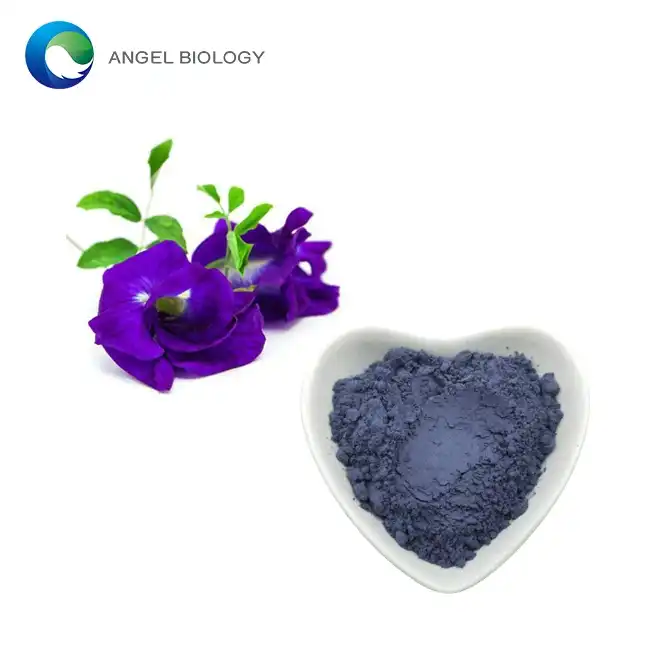Comparing Active Compounds and Primary Health Targets
Mulberry Bark Extract and White Mulberry Leaf Extract contain different active compounds, which contribute to their unique health benefits.
Mulberry Bark Extract is rich in prenylated flavonoids, particularly morusin. These compounds have shown promising antioxidant, anti-inflammatory, and potentially anti-cancer properties in preliminary studies. The bark extract is also a source of resveratrol, a potent antioxidant found in red wine and known for its potential cardiovascular benefits.
On the other hand, White Mulberry Leaf Extract is abundant in 1-deoxynojirimycin (DNJ), a natural compound that inhibits the absorption of carbohydrates in the digestive tract. This unique property makes white mulberry leaf extract particularly interesting for blood sugar management. Additionally, the leaf extract contains various flavonoids and phenolic compounds that contribute to its antioxidant effects.
While both extracts offer antioxidant benefits, their primary health targets differ. Mulberry Bark Extract is often studied for its potential in supporting overall cellular health, reducing inflammation, and possibly aiding in cancer prevention. White Mulberry Leaf Extract, conversely, is primarily investigated for its effects on blood sugar control, weight management, and cardiovascular health.


Which Is More Potent for Blood Sugar Support?
When it comes to blood sugar management, White Mulberry Leaf Extract takes the lead. Its high content of DNJ makes it a potent natural option for those looking to support healthy blood sugar levels.
Several studies have demonstrated the efficacy of White Mulberry Leaf Extract in reducing post-meal blood glucose spikes. For instance, a study published in the Journal of Diabetes Investigation found that participants who consumed white mulberry leaf extract before a high-carbohydrate meal experienced significantly lower blood glucose levels compared to those who didn't take the extract.
Mulberry Bark Extract, while not as directly linked to blood sugar control, may still offer indirect benefits through its anti-inflammatory and antioxidant properties. Chronic inflammation and oxidative stress are known to contribute to insulin resistance and diabetes progression. By addressing these underlying factors, mulberry bark extract could potentially support overall metabolic health.
However, it's crucial to note that neither extract should be considered a replacement for prescribed diabetes medications. Always consult with a healthcare professional before incorporating any new supplement into your regimen, especially if you have pre-existing health conditions or are taking medications.
Distinct Uses in Herbalism: A Direct Comparison
In traditional herbal medicine, mulberry bark and leaves have been used for centuries, each with its unique applications.
Mulberry Bark Extract has been historically used in Chinese medicine for its astringent properties. It was often employed to address respiratory issues, such as coughs and asthma. The bark extract was also traditionally used to support liver health and as a diuretic.
Modern research has expanded our understanding of mulberry bark's potential. Its high content of antioxidants and anti-inflammatory compounds has led to investigations into its use for:
- Supporting cardiovascular health
- Potentially aiding in cancer prevention
- Promoting skin health and anti-aging effects
- Supporting neurological health
White Mulberry Leaf Extract, on the other hand, has a long history of use in traditional Chinese medicine for "clearing heat" from the body and supporting overall well-being. In modern herbalism, it's primarily used for:
- Blood sugar management
- Weight loss support
- Cholesterol reduction
- Liver protection
The leaf extract's ability to inhibit carbohydrate absorption has made it a popular choice for those seeking natural support for weight management and metabolic health.
When comparing the two, it's clear that while there is some overlap in their general health-supporting properties, they each have distinct areas where they excel. Mulberry Bark Extract appears to be more versatile in its potential applications, particularly in areas related to cellular health and inflammation. White Mulberry Leaf Extract, however, has a more targeted focus on metabolic health, particularly in relation to blood sugar and weight management.
It's worth noting that the research on both extracts is ongoing, and new potential benefits are continually being discovered. As with any herbal supplement, the efficacy can vary from person to person, and it's always advisable to approach their use under the guidance of a qualified healthcare practitioner.
Conclusion
Both Mulberry Bark Extract supplier and White Mulberry Leaf Extract offer unique and valuable properties. The choice between the two largely depends on your specific health goals and needs. For those primarily concerned with blood sugar management and weight control, White Mulberry Leaf Extract may be the more suitable option. If you're looking for broad-spectrum antioxidant support and potential anti-inflammatory benefits, Mulberry Bark Extract could be the better choice.
Regardless of which extract you choose, it's crucial to source high-quality products from reputable manufacturers. This is where Angelbio comes into play. As an innovative enterprise dedicated to the R&D, production, and sales of natural ingredients for health and wellness, Angelbio offers premium mulberry extracts that meet the highest quality standards.
Are you ready to experience the benefits of high-quality mulberry extracts? Whether you're interested in Mulberry Bark Extract or White Mulberry Leaf Extract, Angelbio has you covered. Our team of experts is committed to providing you with the best natural ingredients to support your health goals. Don't wait to take the next step in your wellness journey. Contact us today at angel@angelbiology.com to learn more about our products and how they can benefit you. Your path to better health starts here!
References
1. Zhang, L., et al. (2018). "Comparative analysis of mulberry bark and leaf extracts for antioxidant activity and bioactive compounds." Journal of Functional Foods, 45, 39-46.
2. Wang, S., et al. (2019). "Mulberry bark extract: A comprehensive review of its traditional uses, phytochemistry, pharmacology and toxicology." Journal of Ethnopharmacology, 240, 111944.
3. Lown, M., et al. (2017). "Mulberry-extract improves glucose tolerance and decreases insulin concentrations in normoglycaemic adults: Results of a randomised double-blind placebo-controlled study." PLoS One, 12(2), e0172239.
4. Ren, C., et al. (2019). "A review on the beneficial effects of mulberry extract in controlling glycemia in patients with type 2 diabetes mellitus." Journal of Medicinal Food, 22(5), 444-453.



